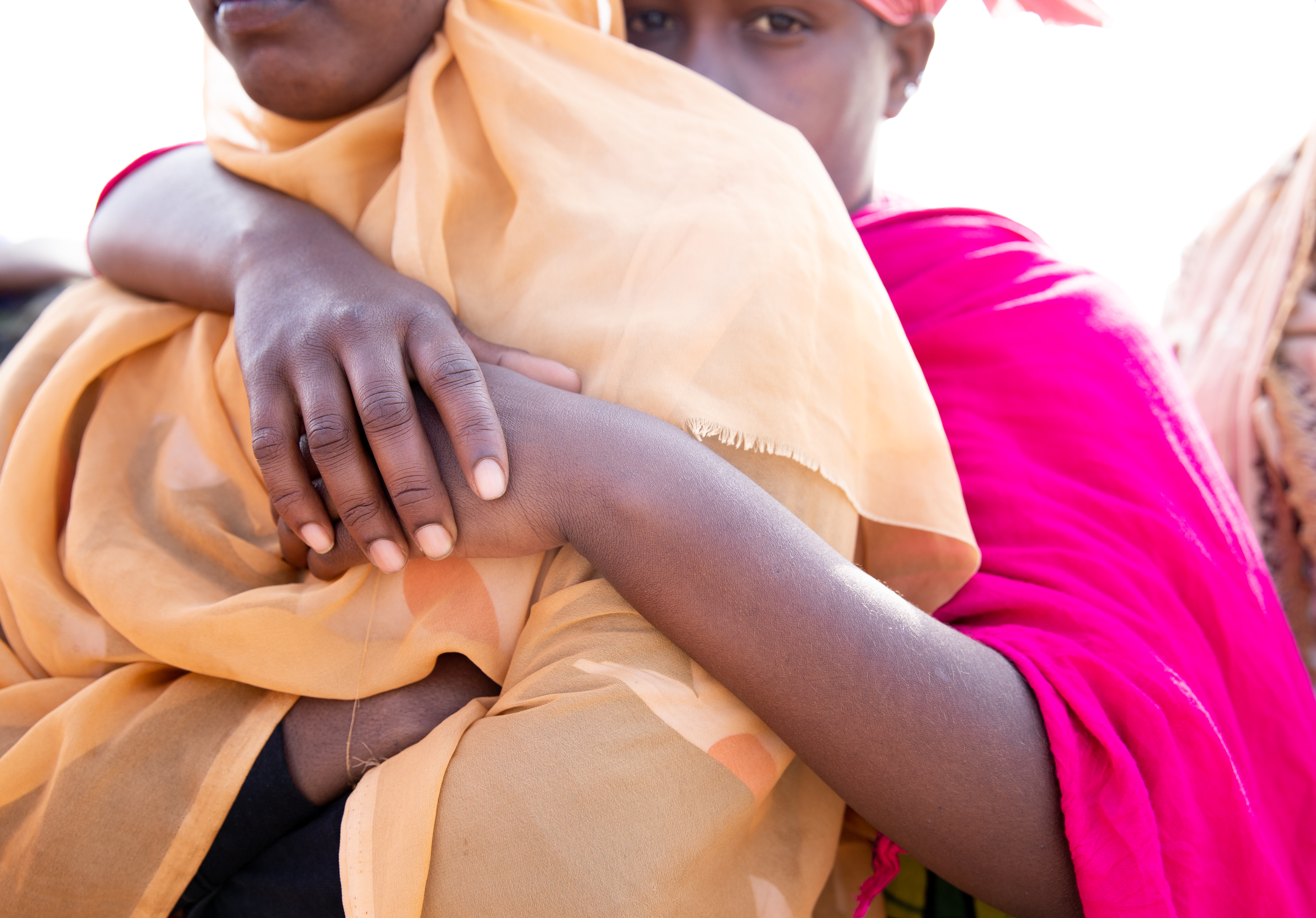Country Partners
NEWS
News - Surviving a Shipwreck Off Djibouti's Shore – Mahmoud and Mohamed…
Read More...
News - Djibouti Celebrates International Migrants Day (IMD) 2023 in Obock
Read More...
News - The Eastern Route following the migrant path in Djibouti
Read More...
News - More Than 24 Migrants Reported Missing Following Shipwreck Off…
Read More...RESOURCES

THE APPEAL - Regional Migrant Response Plan (MRP) for the Horn of Africa to Yemen…
Read More...
PHOTO - MRP Photobook 2023
Read More...
PHOTO - MRP Photobook 2021
Read More...
Reports - MRP 2023 Mid-Year Review January - June 2023
Read More...Djibouti
$4,657,000
FUNDING REQUIRED
131,594
PEOPLE TARGETED
202,915
PEOPLE IN NEED
INTRODUCTION
Given its strategic location between the Red Sea and the Gulf of Aden, Djibouti is a major transit country for migrants moving toward the Kingdom of Saudi Arabia and other Gulf States via Yemen. Djibouti’s southern border with Ethiopia, where the largest caseload of migrants begins their journey, makes Djibouti a key country along the Eastern Route. Thousands of migrants pass through Djibouti by foot, bus, or other vehicles, before taking boats across the Gulf of Aden. In 2022, more than 145,000 migrants entered Djibouti from Ethiopia, which more than doubled compared to the same period in 2021 (68,258 arrivals from Ethiopia) (IOM, 2022). Migrants transiting through Djibouti endure harsh physical conditions, including extreme heat and long journeys. Migrants seeking smugglers to travel through the Eastern Route often cannot afford the high smuggling service costs and either become stranded, remain vulnerable to extortion by smugglers, or face detainment or non-voluntary returns by immigration officials. Collectively, these protection risks increase migrants’ vulnerability, reducing their ability to continue their journey safely and, simultaneously, their capacity to generate livelihoods when stranded in transit locations. The ongoing drought in the Horn of Africa also impacts population movements in Djibouti by worsening conditions for migrants and local populations in terms of the availability of food and water, as well as exhausting the resilience of host communities supporting migrants in Djibouti.
As the leading transit country along the Eastern Route, MRP partners project that many migrants will continue passing through Djibouti in 2023. In addition, many migrants will be unable to continue their journey due to insufficient resources. A significant number of migrants in very vulnerable situations will continue to return from Yemen spontaneously, and this will result in a substantial need for lifesaving and protection interventions. Migrants transiting through Djibouti endure harsh physical conditions, including extreme heat and long journeys, requiring life-saving assistance such as water, food, temporary shelter, NFIs, Water, Sanitation, and Hygiene (WASH) services, and medical support along the migration corridor. Some migrants are at risk or have been exposed to different degrees of abuse and exploitation (including GBV, arbitrary detention, forced labour, and TIP) along their migration journey and will require tailored protection assistance, including case management and access to MHPSS services. Stranded migrants, particularly women and children in Djibouti city and other urban areas of Obock, Ali-Sabieh, and Dikhil, often have limited access to essential services, live in makeshift shelters, leaving them more vulnerable to protection risks (including arbitrary detention and non-voluntary returns). As such, protection assistance tailored to the needs of vulnerable migrants will serve as a central element of the MRP response in 2023. Furthermore, recurrent and severe droughts have led to a significant deterioration in food security, a scarcity of natural resources, and a depletion of assets due to a lack of sustainable livelihoods. It is also important to note host communities' high level of involvement in transiting migrants regarding the provision of aid and employment (MMC-IOM, 2022). As such, assistance will be required to support both host communities and migrants.
The response in 2023 will target 131,594 vulnerable migrants and host communities (including 70,260 transiting migrants,50 6,720 migrants at destination, and 54,614 host community members) projected to need assistance in Djibouti.
Emphasis will be placed on the country's southern regions to address heightened needs resulting from the HoA drought. To address migrant protection needs at large, the plan will engage relevant stakeholders, including government counterparts, to reinforce migrants’ access to tailored protection services and strengthen the National Referral Mechanism, which was developed and validated in March 2022. The plan will build on the existing initiatives, including alternative care arrangements for UASC. MRP partners will also conduct contextualized studies on migration trends in the country to ensure an evidence-based response by relevant actors.
Key research areas will focus on understanding the migration patterns, profiles, needs, and vulnerabilities of different migrant population groups. Additionally, MRP partners will support government counterparts in implementing the recently launched Action Plan of the National Migration Strategy.








